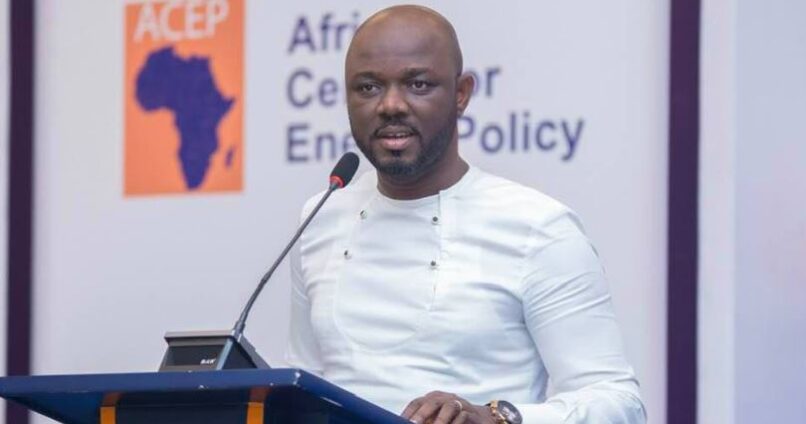Executive Director of the Africa Centre for Energy Policy (ACEP), Benjamin Boakye, says Ghana’s energy sector is facing direr financial challenges than it was a decade ago.
According to him, very little has been done to tackle the power sector problems following a 2014 diagnosis which named financial, managerial and technical challenges as the root cause of the country’s energy problems.
“The financial challenges of the energy sector today are even deeper than we’ve ever experienced except that today the generating plants are here and therefore when ENI and Ghana Gas puts gas in the pipeline the power will be generated,” he said on JoyFM’s Super Morning Show.
He noted that the energy sector on its own has not been able to achieve self-sustainability.
According to him, government has had to continue its support of the energy sector despite the increase in power generation.
“But ultimately the state through the ministry of finance will have to pay for it because the sector itself cannot pay for power that is generated, gas that has been consumed and produce power out of it. We cannot distribute and raise money to be able to pay the value chain.
“So we have a power system that today is doing about 30% or 35% revenue requirement. To put it simply, what it means is that if you generate power of 1 million dollars, the power sector can pay for about 300,000. Ghana government has to go and look for almost 700,000 to come and top up for us to keep the light on,” he explained.
He was speaking in relation to concerns earlier raised by the Energy Minister, Dr. Matthew Opoku Prempeh about an imminent impact on electricity supply due to a shortage of gas for production.
According to him, the issue is a result of excessive dependence on gas plants, which differs from the past reliance on liquid fuel to support energy generation.
Dr. Prempeh explained that the country is currently grappling with a double predicament, where a complete shift towards a gas-based system has left the power infrastructure vulnerable, and any interruption in the gas supply will lead to a shutdown of all power-generating systems, resulting in a complete blackout across the country.
Meanwhile, Deputy Energy Minister, Andrew Egyapa Mercer says despite the challenges facing the sector, the government will continue to invest in the energy space.
This he said will prevent any major disruption in the power supply chain.
He added that while the government is battling some problematic contractual frameworks signed by the Mahama administration in the energy sector, the ministry has put in place measures to drive up revenue generation in that sector and ensure utmost efficiency.
Latest Stories
-
DAMC, Free Food Company, to distribute 10,000 packs of food to street kids
19 minutes -
Kwame Boafo Akuffo: Court ruling on re-collation flawed
38 minutes -
Samuel Yaw Adusei: The strategist behind NDC’s electoral security in Ashanti region
40 minutes -
I’m confident posterity will judge my performance well – Akufo-Addo
52 minutes -
Syria’s minorities seek security as country charts new future
2 hours -
Prof. Nana Aba Appiah Amfo re-appointed as Vice-Chancellor of the University of Ghana
2 hours -
German police probe market attack security and warnings
2 hours -
Grief and anger in Magdeburg after Christmas market attack
2 hours -
Baltasar Coin becomes first Ghanaian meme coin to hit DEX Screener at $100K market cap
3 hours -
EC blames re-collation of disputed results on widespread lawlessness by party supporters
3 hours -
Top 20 Ghanaian songs released in 2024
3 hours -
Beating Messi’s Inter Miami to MLS Cup feels amazing – Joseph Paintsil
3 hours -
NDC administration will reverse all ‘last-minute’ gov’t employee promotions – Asiedu Nketiah
4 hours -
Kudus sights ‘authority and kingship’ for elephant stool celebration
4 hours -
We’ll embrace cutting-edge technologies to address emerging healthcare needs – Prof. Antwi-Kusi
4 hours

